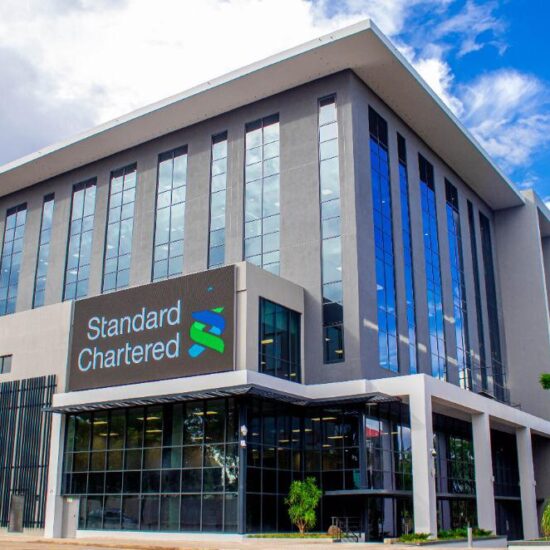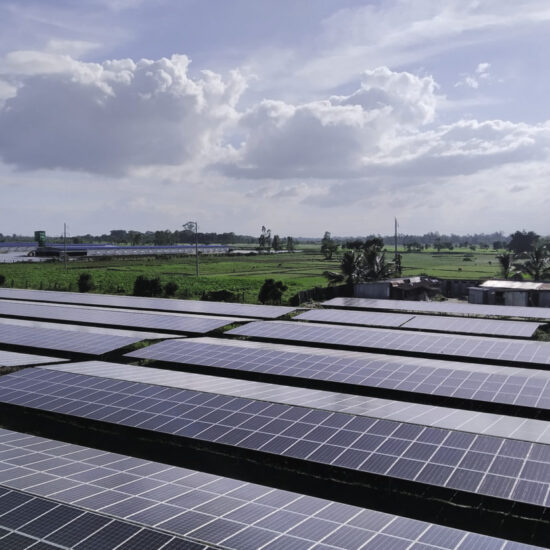
The Bus and Taxi Owners Association of Zambia had called on the new dawn government to revert to a quarterly system for the adjustment of fuel prices, which the association can use to come up with more predictable bus and taxi fares.
Association National Chairman Sydney Chewe said government through the Energy Regulation Board – ERB adjusting fuel prices on a monthly basis makes it difficult to plan their operations and set fares because it brings about uncertainty and an unstable environment for the Association and it’s customers.
Speaking in an exclusive interview with the Zambian Business Times – ZBT, Chewe noted that the association appreciates the reduction in recent fuel prices which have since been reversed but there is need for government to find a model, which allows the association to make adjustments on a quarterly basis in order to provide stability.
He explained that the association would not adjust the fares following the Energy Regulation Board (ERB)’s downward adjustment of fuel prices, as it was too early to reduce prices noting that other factors besides fuel prices, which affect the running of the business, need to be put into consideration too.
Chewe added that the price of fuel is not the only cost in doing business as there are other factors such as the dollar-kwacha relationship which need to be considered and since the kwacha has continued to depreciate, it means prices for vehicle spare parts will also increase therefore making it difficult to adjust the fares.
He mentioned that adjusting bus and taxi fares is not only inconveniencing for the association but also the passengers who have to look out for new fares almost every time an adjustment in fuel prices is made.
“Imagine if we have to adjust every month, we need a model that can speak on a quarterly basis, every three months we calculate the average costs and do a reduction or increment based on fuel prices and other things that affect or constitute the business”, he said.
The Energy Regulation Board reduced the pump price of petroleum products by K1.32/litre for petrol and K1.22/litre for diesel, which will now be sold as low sulphur gasoil/diesel, while the price of kerosene remained unchanged effective 31 January 2022. The fuel prices have since been increased by about 14% barely a month after reducing.
According to information obtained by the Zambian Business Times, the price review was necessitated by the decision to migrate to a monthly pricing cycle which now entails that local price of fuel is more responsive to the market fundamentals such as the international oil prices and the kwacha/US dollar exchange rate prevailing in the month preceding the pricing decision.







